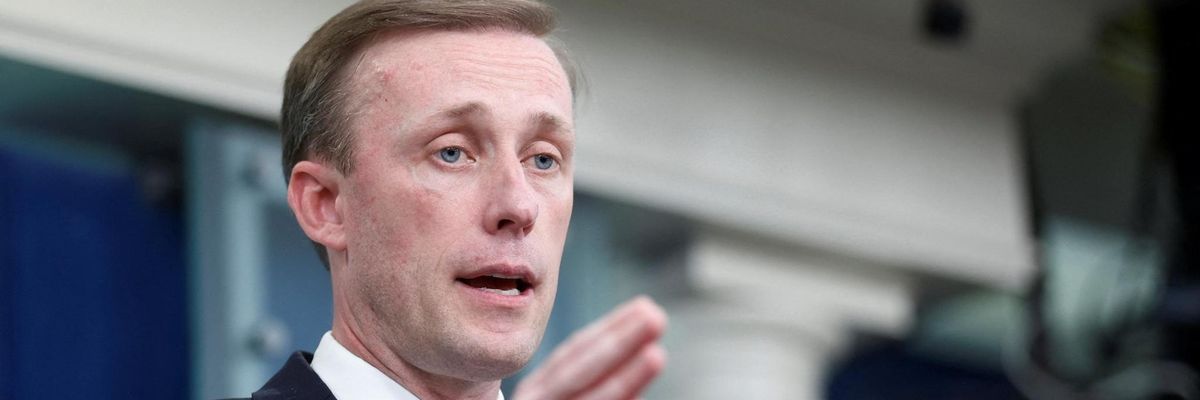After denying for months that it would encourage Ukraine to negotiate with Russia, the Biden administration has begun pushing Kyiv to publicly signal that it’s open to talks, according to the Washington Post.
The goal of the effort, according to the Post’s sources, is to assuage growing fears in the West that Ukraine has abandoned any hope for negotiations with Russia, opting instead for a “total victory” strategy that some worry could drag on for years. Those concerns have increased in recent months as the war has helped push inflation in the United States and created the possibility of a gas shortage in Europe during the winter.
The sources denied that the administration’s intent is to get Kyiv to start talking with Moscow in the short term.
Meanwhile, National Security Adviser Jake Sullivan has held several secret meetings with Russian President Vladimir Putin’s top foreign policy aides in recent months, according to the Wall Street Journal. These behind-the-scenes conversations have been aimed at reducing the chance of dangerous escalation in Ukraine and have not included talk of diplomacy to end the conflict, according to the Journal’s sources.
The pair of revelations come just two weeks after Democratic establishment figures attacked congressional progressives for signing on to a letter calling for greater diplomatic engagement with Russia. Though the letter’s signatories were forced to retract it under pressure, this weekend’s news suggests that the Biden administration may be more sympathetic to the progressives’ message than many influential figures in the Democratic Party have been.
The news also signals that President Joe Biden and his team are feeling the heat from the growing pro-diplomacy movement in the Global South, which has so far borne the brunt of the conflict’s impact on humanitarian aid, food security, and inflation.
U.S. officials continue to contend that they will not push Ukrainian President Volodymyr Zelensky into talks, and “they believe that Zelensky would probably endorse negotiations and eventually accept concessions, as he suggested he would early in the war,” according to the Post.
When could those talks actually start? As soon as this winter, according to the Post: “They believe that Kyiv is attempting to lock in as many military gains as it can before winter sets in, when there might be a window for diplomacy.”
















